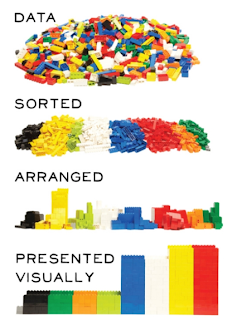So you think you know why you do things ? Does your digital footprint reveal something we don't want to face up to?
We humans set a premium on our own free will and independence ... and yet there's a shadowy influence we might not be considering. As science writer Ed Yong explains in this fascinating, hilarious and disturbing talk, parasites have perfected the art of manipulation to an incredible degree. So are they influencing us? It's more than likely. Love the challenge and what data might tell us that we don't want to know.




